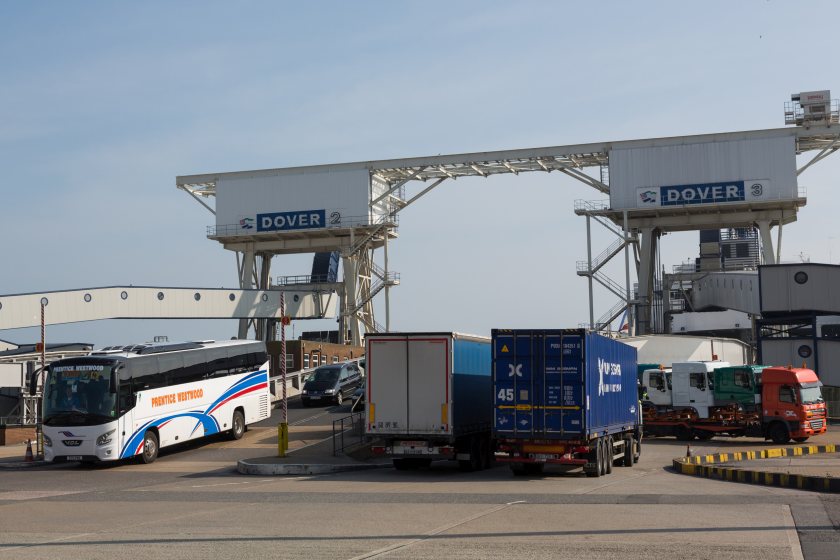
Britain’s vets have warned that weak border controls are leaving the country dangerously exposed to devastating livestock diseases, as MPs uncover shocking evidence of illegal meat flooding into the UK.
The call follows the publication of a report by the Environment, Food and Rural Affairs (EFRA) Committee, which raised alarms over the significant volumes of meat being illegally imported into the country.
The report warned that some of these imports are entering the food chain, but the true scale of the problem remains unclear due to weak enforcement and inadequate data.
Representing more than 19,000 veterinary professionals, the British Veterinary Association (BVA) said it has “serious concerns” about the findings.
The pig sector has also demanded urgent action after MPs uncovered what they described as shocking evidence of illegal meat flooding into the UK — including reports of an entire pig hidden in a suitcase.
The National Pig Association (NPA) has called on ministers to act “comprehensively and without delay” after the cross-party committee branded current border controls “toothless”.
The EFRA Committee identified a series of weaknesses, including insufficient enforcement of rules covering personal imports of meat and dairy, fragile intelligence-sharing networks, poor interdepartmental coordination, and the lack of a comprehensive national strategy to address the disease risks posed by contaminated products.
The BVA expressed alarm over cuts to funding for Official Vets at Dover, as well as recent ministerial remarks which, it said, appeared to downplay the vital role vets play in protecting the nation’s biosecurity.
BVA Junior Vice President, Rob Williams said: “This report is deeply concerning, exposing serious gaps in border enforcement and warning that large amounts of illegal and potentially contaminated meat continue to enter the UK and make their way on to our plates.
"We cannot know where this meat has come from or if it meets the UK’s high animal welfare and biosecurity standards, and without appropriate checks, we can’t stop illegal meat imports at the border.
"This could have catastrophic and costly impacts on the UK’s food security, public health, and animal health and welfare through the import of exotic animal diseases such as foot-and-mouth disease.”
He added that the findings, alongside a recent National Audit Office report on animal disease resilience, should serve as a wake-up call for government to implement a fully funded national plan to tackle illegal meat imports and strengthen the UK’s biosecurity.
Mr Williams stressed that government-employed vets remain central to protecting borders from exotic diseases but warned they cannot work effectively without the right infrastructure.
“Government vets play a critical role in protecting the nation’s biosecurity but can only do their jobs effectively if they are supported by effective systems.
"Currently, veterinary capacity required to perform checks remains a concern. As part of a national action plan, we would like to see better support for vets through a data-driven and risk-based system that is fit for purpose.
"This should also include adequate resources for Official Vets and the agencies tasked with keeping borders secure, which is why we want to see the proposed 70% cuts to Dover Port’s budget for spot checks on animal products reversed.”
